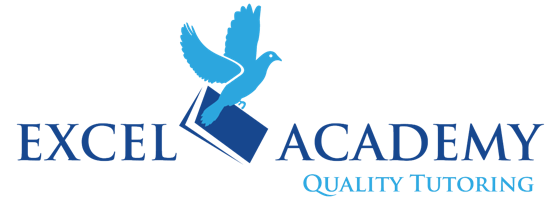In today’s fast-paced world, where education and knowledge play a pivotal role, the importance of staying mentally sharp during the summer months cannot be overstated. While many students and parents might view summer as a break from the rigors of academics, maintaining a certain level of cognitive engagement can yield immense benefits. In this comprehensive guide, we delve into the reasons why staying mentally active during summer is crucial for academic success and personal development.
The Cognitive Impact of Summer Break
The typical summer break spans several weeks, during which students often disengage from structured learning environments. While this respite is essential for relaxation, it can have unintended consequences on a student’s cognitive abilities. Research indicates that extended breaks from mental stimulation can lead to the “summer slide,” where students experience a decline in academic skills, particularly in subjects like math and reading.
Fostering Lifelong Learning
Embracing continuous learning is a cornerstone of personal growth. Summer provides an excellent opportunity to explore new subjects or hobbies that might not be covered during the regular school year. Engaging in activities such as reading, online courses, or educational games can help students develop a love for learning that extends beyond the classroom.
Preventing Learning Loss
One of the primary reasons for advocating the importance of staying sharp during summer is to combat learning loss. When students don’t exercise their cognitive muscles regularly, they may struggle to recall information when school resumes. By incorporating brief daily learning sessions into their routine, students can mitigate the effects of the summer slide and maintain their academic proficiency.
Nurturing Critical Thinking Skills
Critical thinking is a skill that permeates all aspects of life. It’s the ability to analyze situations, solve problems, and make informed decisions. During the summer, students can engage in activities that foster critical thinking, such as puzzles, brain teasers, and debates. These activities not only keep the mind sharp but also enhance a student’s ability to approach challenges with a strategic mindset.
Exploring Practical Applications
Summer break provides a unique opportunity for students to apply theoretical knowledge to real-life scenarios. Whether it’s through internships, volunteering, or personal projects, students can bridge the gap between academia and practical application. This hands-on experience not only reinforces classroom learning but also equips students with valuable skills that extend far beyond the confines of a textbook.
Cultivating Time Management
Staying mentally active during summer requires effective time management. Students who create a structured schedule for their learning endeavors are more likely to succeed in maintaining their cognitive sharpness. Time management skills honed during these months can have a positive ripple effect on a student’s academic journey and future career.
The Role of Technology
In today’s digital age, technology can be a double-edged sword. While excessive screen time can hinder cognitive development, it can also serve as a valuable tool for learning. Interactive educational apps, online courses, and virtual workshops can provide engaging platforms for students to explore new subjects and enhance their skills.
Encouraging Social Learning
Summer courses are an opportune time for collaborative learning experiences. Group projects, book clubs, or even study sessions with peers can encourage social interaction while keeping the mind engaged. Exploring topics as a group fosters discussions, different perspectives, and the exchange of ideas, enriching the overall learning experience.
Maintaining Momentum for the Upcoming Year
The transition from summer break to the new school year can be smoother for students who’ve actively engaged their minds during the vacation. Instead of grappling with a sudden shift back to academic routines, these students can carry forward their learning momentum. They’re better equipped to tackle new challenges, absorb information faster, and approach their studies with enthusiasm.
Conclusion
In conclusion, the importance of staying sharp for school during summer cannot be emphasized enough. From preventing learning loss to fostering critical thinking skills, the benefits of maintaining cognitive engagement are vast and enduring. By incorporating structured learning, practical applications, and a balanced use of technology, students can make the most of their summer break while positioning themselves for academic excellence in the upcoming year.

